What's the Difference Between on-page and off-page SEO?
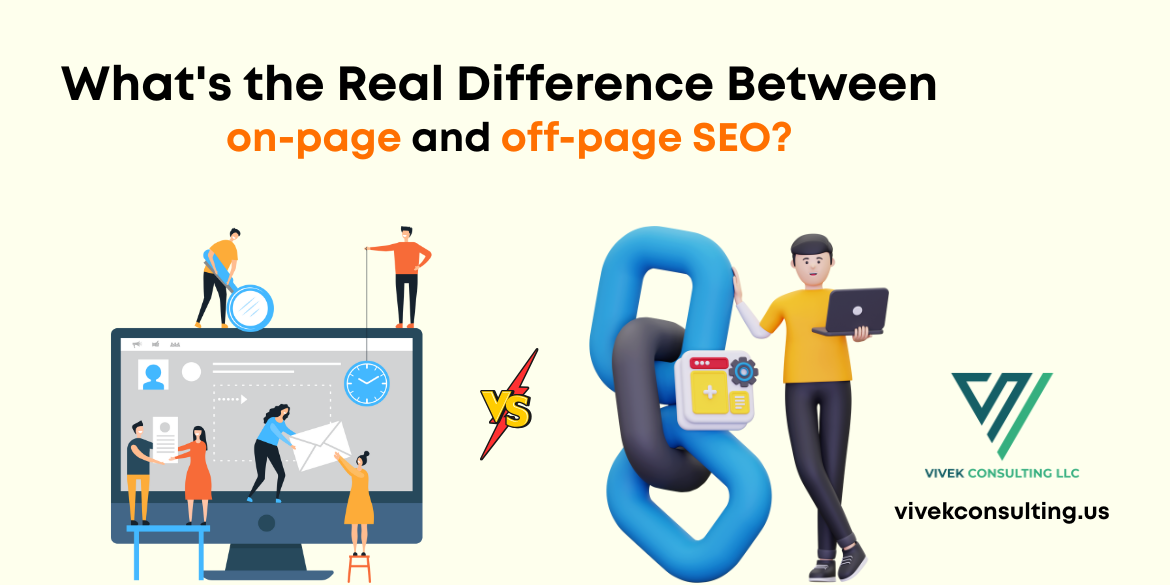
27 May 2025
Understanding the Two Sides of
SEO
Search engine optimization (SEO)
is no longer a mystery term thrown around by marketers. It has become a
lifeline for digital presence. But here's where it gets nuanced: SEO isn't a
one-size-fits-all game. It’s a balance of two interconnected strategies—On-Page
SEO and Off-Page
SEO—that work in tandem to Boost Your Website’s
Presence.
What SEO Really Means in
Today’s Digital World
In today’s hyper-connected world,
SEO means more than just sprinkling keywords. It means optimizing your entire
digital footprint so that search engines, like Google, find you credible,
relevant, and worth ranking. SEO touches everything from content creation to
your brand’s reputation.
Why On-Page and Off-Page SEO
Work Best Together
Think of on-page SEO as the
structure of your home and off-page SEO as your neighborhood’s reputation. Both
need to be solid. You can have a beautifully optimized page, but without
external validation (like backlinks), your content might remain hidden. Together,
these two elements create a synergy that pushes your site higher in search
rankings.
Breaking Down On-Page SEO
What Exactly Is On-Page SEO?
On-page SEO refers to all of the
parts on your website that you have direct control over. From your HTML code to
the quality of your content, everything counts.
Why on-page SEO an
important component of search visibility?
This is where SEO begins. On-page
optimization ensures that your content is understandable and indexable by
search engines, making it possible for you to even enter the rankings arena.
How Google Reads and Ranks
Your Website Content
Google's algorithms crawl your
website, scanning for structure, clarity, relevance, and usability. It looks at
headings, keyword usage, content depth, and even page speed to determine your
site's value.
Key Elements of On-Page SEO
The Value of Title Tags and
Meta Descriptions
Your title tag is like a book
cover; it should grab attention and clearly state what the page is about. Meta
descriptions act like a sales pitch in search results, being brief, informative
and keyword-rich.
Using Headings (H1, H2, H3) to
Structure Content
Proper heading hierarchy helps
both readers and search engines understand the flow of your content. An
organized layout boosts readability and improves crawlability.
Keyword Placement: Where and
How to Use Them Naturally
Overusing keywords is a relic of
the past. Today, placement matters more. Strategically use them in titles,
subheadings, introductions, and URLs, all while maintaining a natural tone.
Optimizing URL Structures for
SEO Clarity
A clean URL isn’t just
aesthetically pleasing. It informs to both viewers and search engines what the
page is about. Keep it short, descriptive, and keyword-friendly.
Image Optimization: Alt Text,
Size, and File Names
Search engines can’t
"see" images. Alt text provides context. Proper image sizes help with
loading speed, and descriptive file names contribute to better indexing.
Internal Linking: Building a
Web of Relevance
Internal links help distribute
authority across your website and keep users engaged longer. They also help
search engines understand your website's structure.
Mobile-Friendliness and Why
Google Cares
With mobile-first indexing,
Google prioritizes your website's mobile version. A responsive design is not
just a bonus; it's a necessity.
The website Speed and Its
Effect on User Experience
Users are impatient. A
slow-loading site loses traffic and ranks. Google prioritizes sites that load
fast, especially on mobile devices.
User Engagement Signals:
Bounce Rate, Dwell Time, and More
Engagement metrics tell search
engines if users find your content valuable. The more consistently they stay,
the higher your ranking.
Content Quality: Freshness,
Originality, and Depth Matter
Fluff doesn’t fly. Content needs
to be insightful, regularly updated, and tailored to the searcher's intent to
earn a top spot.
Understanding Off-Page SEO
What Is Off-Page SEO and Why
It Happens Beyond Your Website
Off-page SEO refers to everything
done outside your website that will impact your rankings. It’s your site’s
reputation in the eyes of the internet.
How Off-Page SEO Builds Trust
and Authority in Google’s Eyes
Google uses external signals like
backlinks, mentions, and reviews to determine your authority. These are trust
mark that state, "Others support this website.”
Core Components of Off-Page
SEO
Backlinks: The Backbone of
Off-Page SEO
A backlink is a vote of
confidence. The more quality backlinks you earn, the more credible your site
appears to search engines.
The Difference Between
High-Quality and Toxic Links
Not all backlinks are good. Links
from spammy or irrelevant sites can hurt you. Aim for backlinks from
authoritative and relevant sources.
Guest Posting and Outreach
Strategies That Work
Contributing to popular websites
in your niche might help you gain backlinks and improve your reputation.
Authentic outreach is key.
Social Signals: Does Social
Media Really Affect SEO?
While not a direct ranking
factor, social shares can drive traffic, increase visibility, and indirectly
influence search performance.
Influencer Mentions and Brand
Awareness in SEO
Influencer shoutouts, even
without a link, can create buzz and attract natural backlinks and brand
searches.
Online Reviews and Reputation
Management
Especially for local SEO, reviews
on platforms like Google My Business and Yelp play a crucial role in visibility
and trust.
Citations and Local SEO for
Brick-and-Mortar Businesses
Citations are mentions of your
business name and address on other sites. Consistency in NAP (Name, Address,
Phone) data improves local rankings.
On-Page vs Off-Page: The Big
Comparison
Control vs Influence: What You
Can and Can’t Change
You control on-page SEO. Off-page
efforts are about earning influence. Knowing the difference helps focus your
efforts strategically.
Immediate Impact vs Long-Term
Authority Building
On-page changes can show results
faster. Off-page SEO is a marathon. Building authority takes time but pays off
in the long run.
Tools You’ll Need for On-Page
vs Off-Page SEO
On-page tools: Yoast, Screaming
Frog, Google Search Console. Off-page tools: Ahrefs, SEMrush, BuzzSumo for
outreach.
Common Mistakes in On-Page and
Off-Page Efforts
Ignoring mobile, keyword
stuffing, broken links on-page. Buying links, poor anchor text strategy, and
neglecting local SEO off-page.
Which Matters More for
Beginners?
Start with on-page. It’s
foundational. Once you have a strong base, scale with off-page efforts to
expand your reach.
How to Balance On-Page and
Off-Page SEO
Creating a Seamless SEO
Strategy That Covers Both Ends
Blend content creation with
link-building. Align technical health with outreach. A holistic approach wins.
Building Content That Supports
Natural Backlinking
Write content others want
to link to. Think original research, in-depth guides, and thought leadership.
Tracking and Measuring SEO
Success Across Both Areas
Use tools like Google Analytics,
Ahrefs, and Search Console to monitor traffic, keyword rankings, and link
profiles.
Conclusion
Choosing the Right SEO Focus
Based on Your Goals
If you're looking for visibility,
start on-page. For authority and long-term growth, invest in off-page
strategies.
Final Thoughts on On-Page vs
Off-Page SEO Strategies
Both are essential. They complement
each other, just as yin and yang do. Master both sides to rule the search
engine results page.
Recent Articles
-
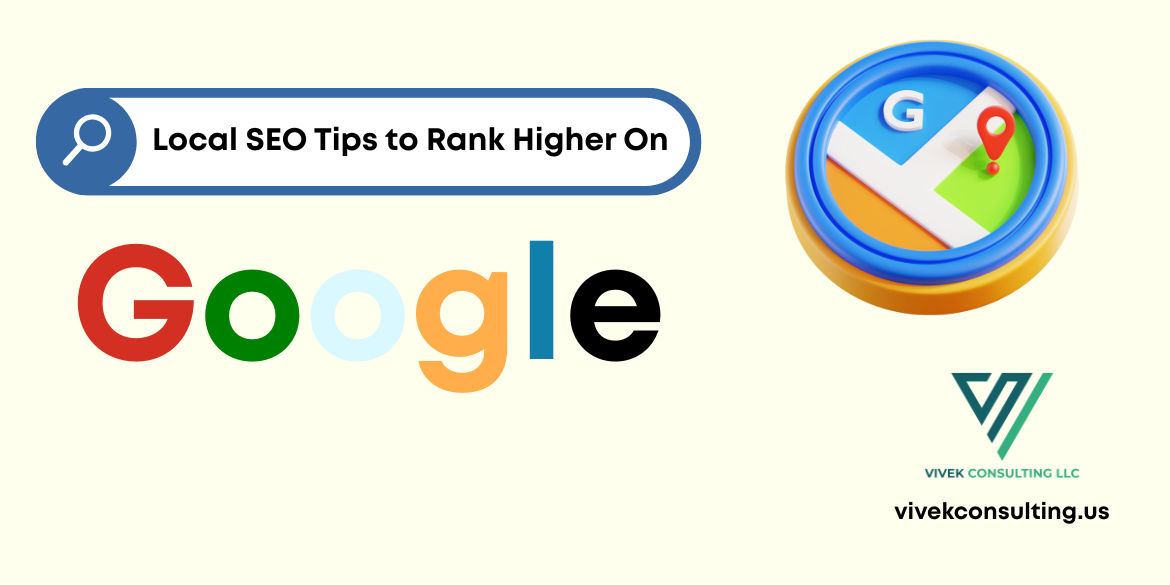 Want more local traffic? These Local SEO Tips to Rank Higher on Google will get you noticed
Want more local traffic? These Local SEO Tips to Rank Higher on Google will get you noticed
-
 What's the Difference Between on-page and off-page SEO?
What's the Difference Between on-page and off-page SEO?
-
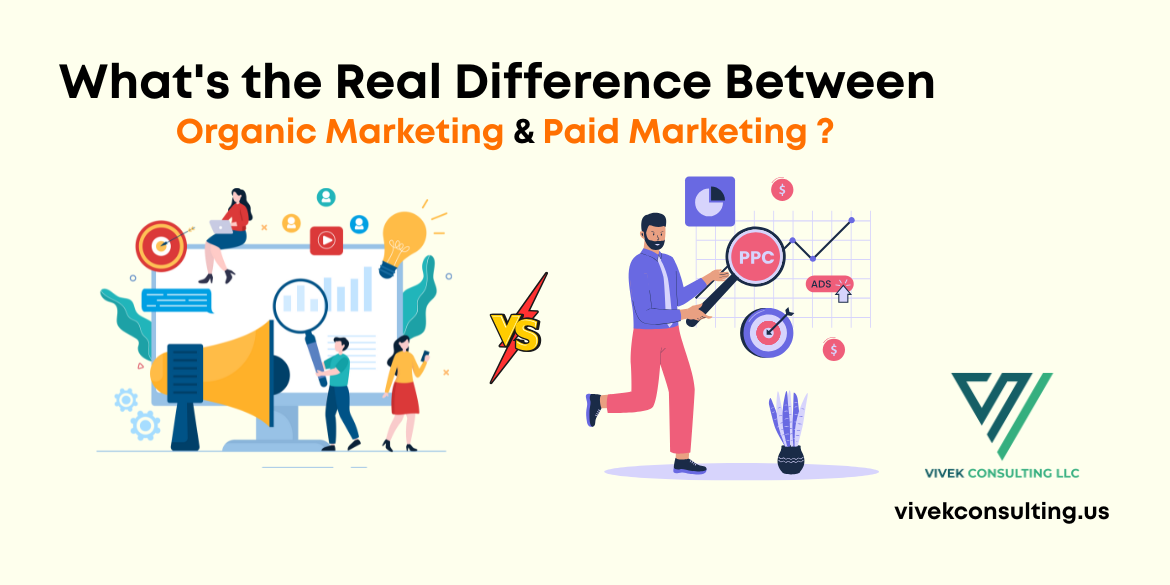 What's the Real Difference Between Organic and Paid Digital Marketing?
What's the Real Difference Between Organic and Paid Digital Marketing?
-
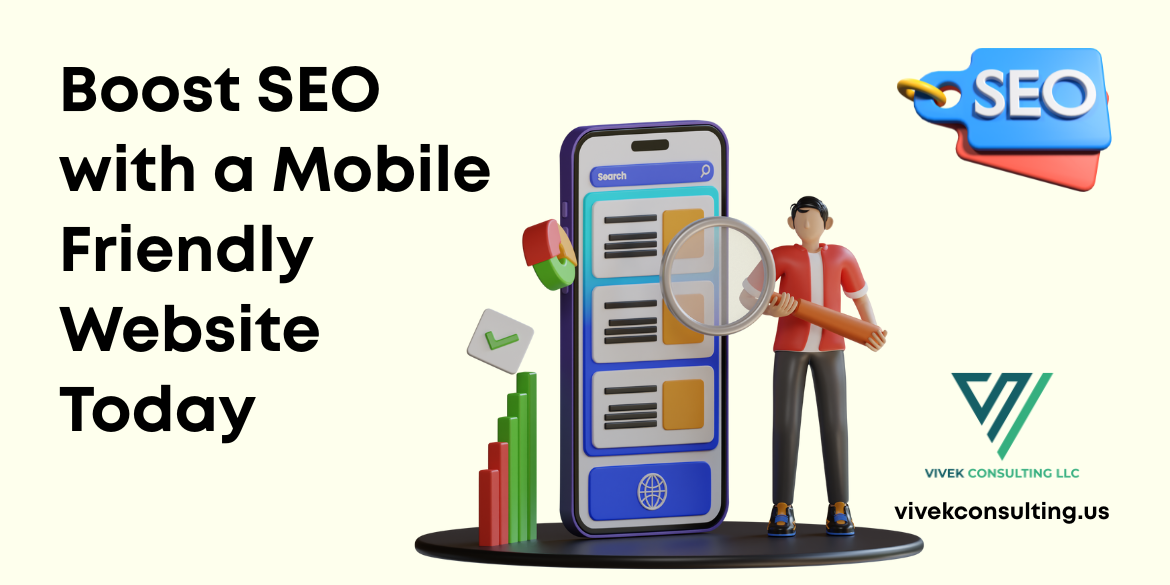 Boost SEO with a Mobile Friendly Website Today
Boost SEO with a Mobile Friendly Website Today
-
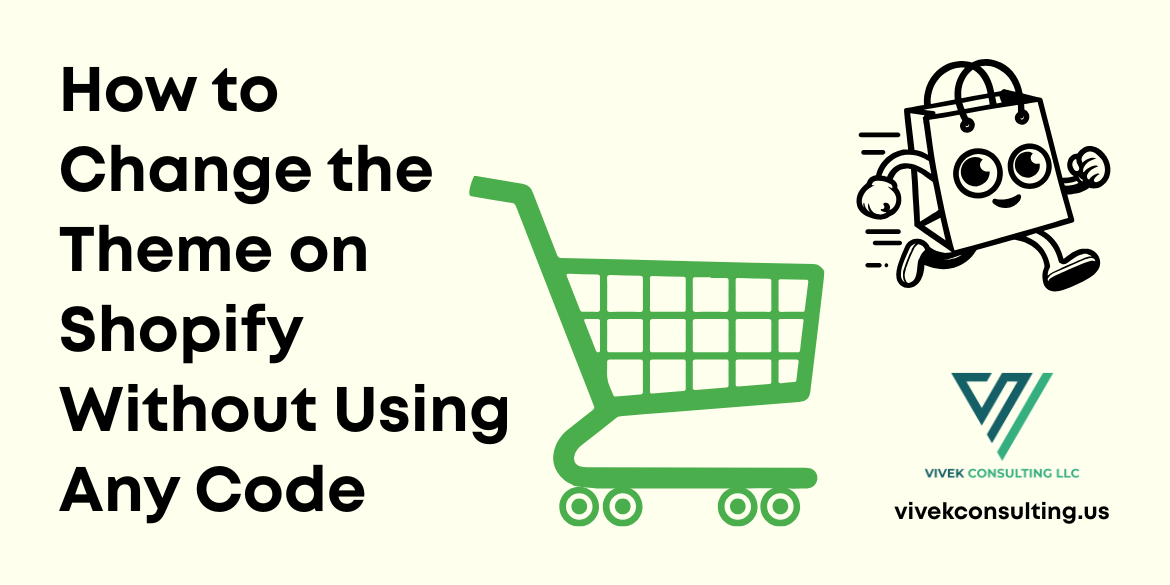 How to Change the Theme on Shopify Without Using Any Code
How to Change the Theme on Shopify Without Using Any Code
-
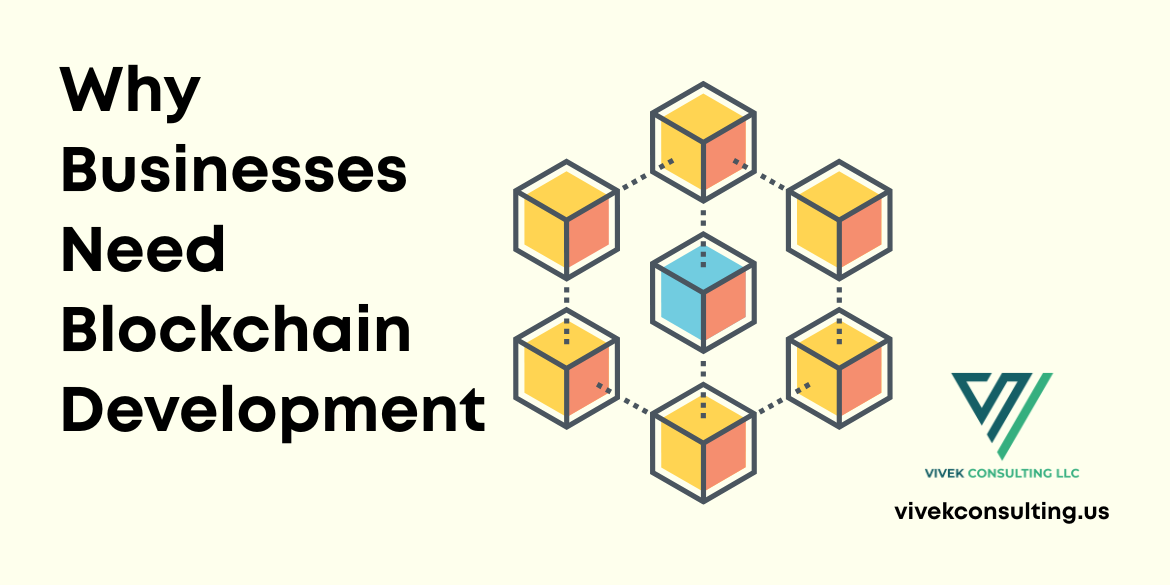 Why Businesses Need Blockchain Development
Why Businesses Need Blockchain Development
-
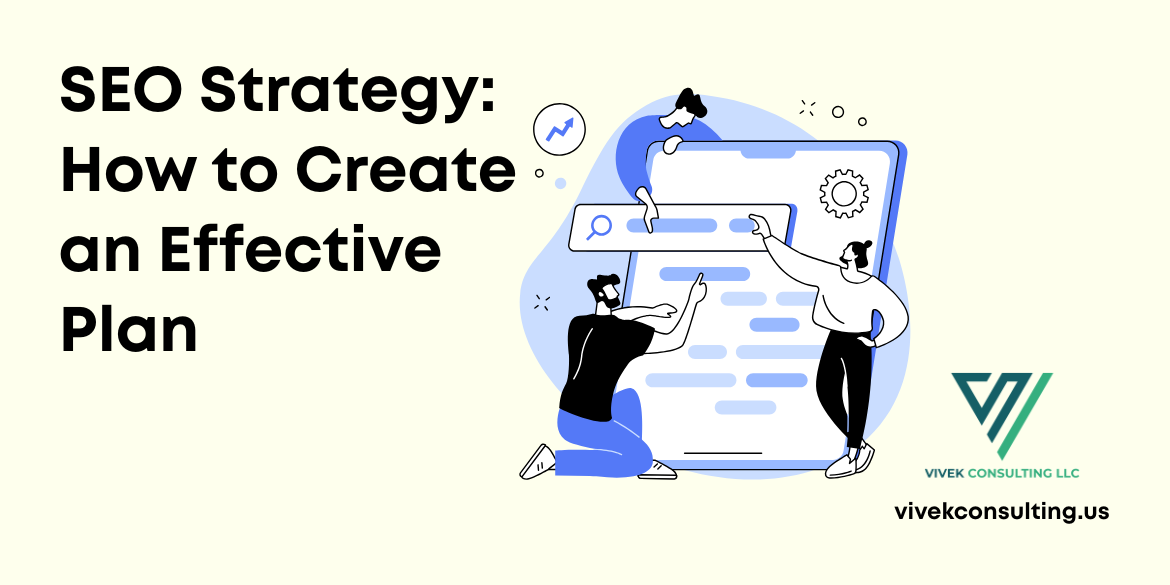 SEO Strategy: How to Create an Effective Plan
SEO Strategy: How to Create an Effective Plan
-
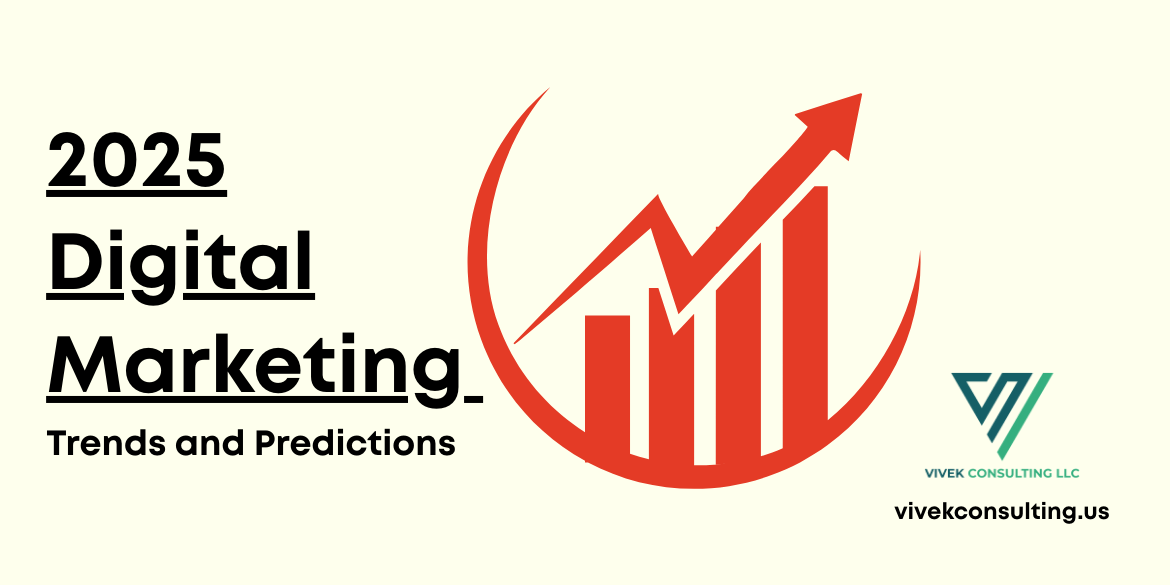 2025 Digital Marketing Trends and Predictions
2025 Digital Marketing Trends and Predictions
-
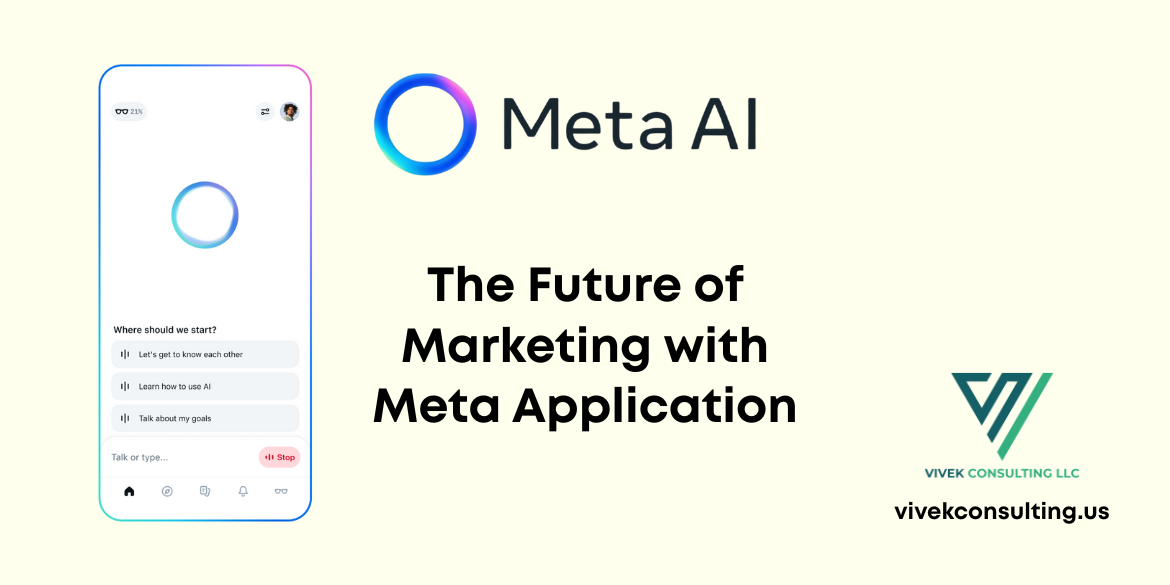 The Future of Marketing with Meta Application
The Future of Marketing with Meta Application
-
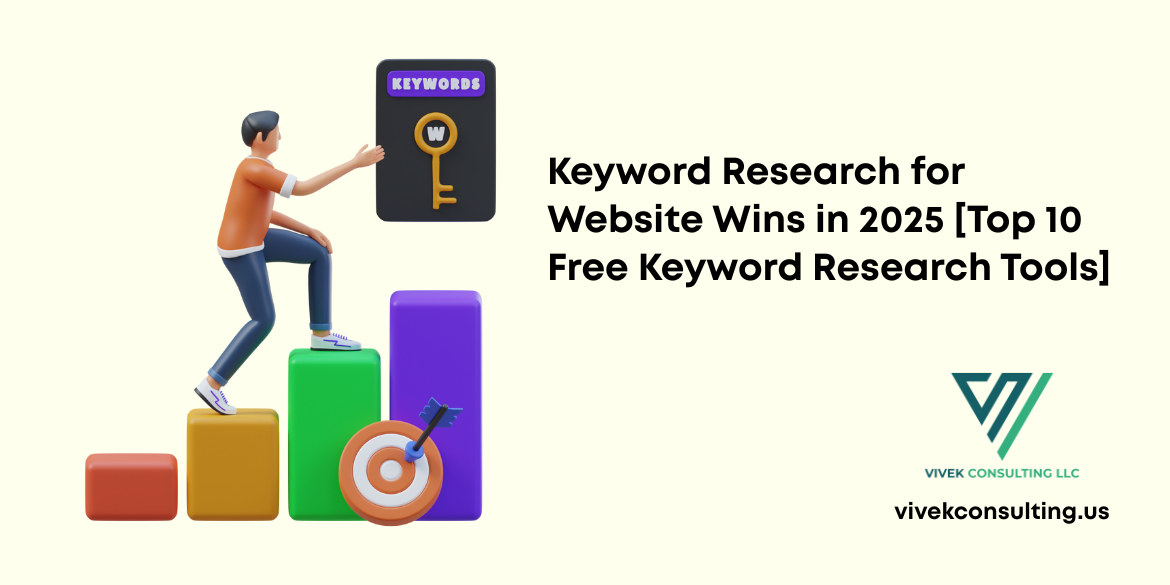 Keyword Research for Website Wins in 2025 [Top 10 Free Keyword Research Tools]
Keyword Research for Website Wins in 2025 [Top 10 Free Keyword Research Tools]
-
.png) Learning the SEO Audit Checklist. Every website should rank higher, load faster, and convert better without wasting time.
Learning the SEO Audit Checklist. Every website should rank higher, load faster, and convert better without wasting time.
-
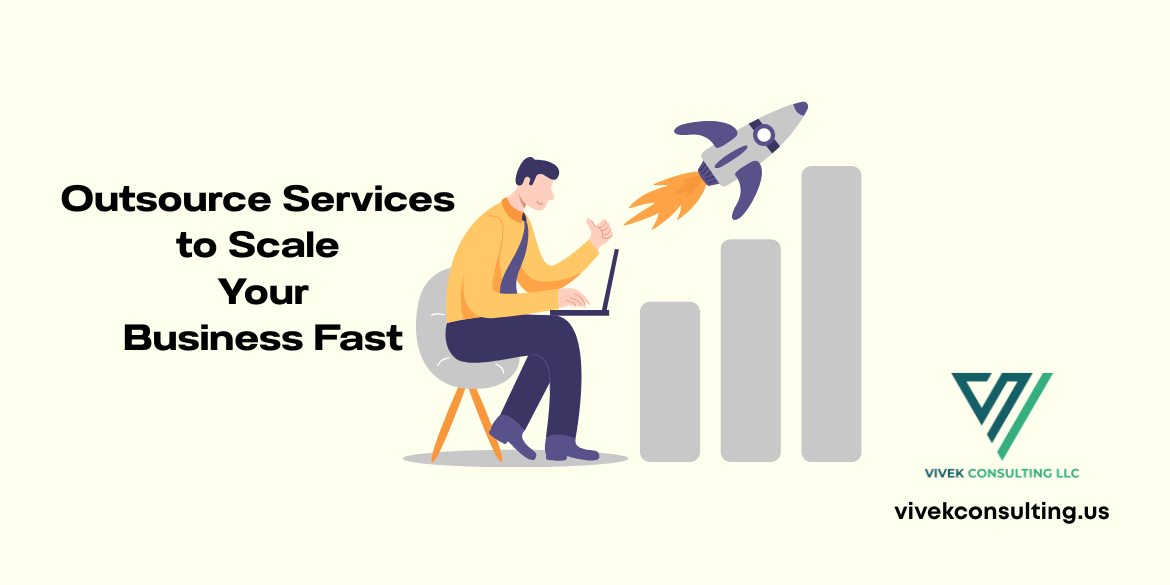 Ready for serious growth? Outsource services to scale your business fast and save time and money.
Ready for serious growth? Outsource services to scale your business fast and save time and money.
-
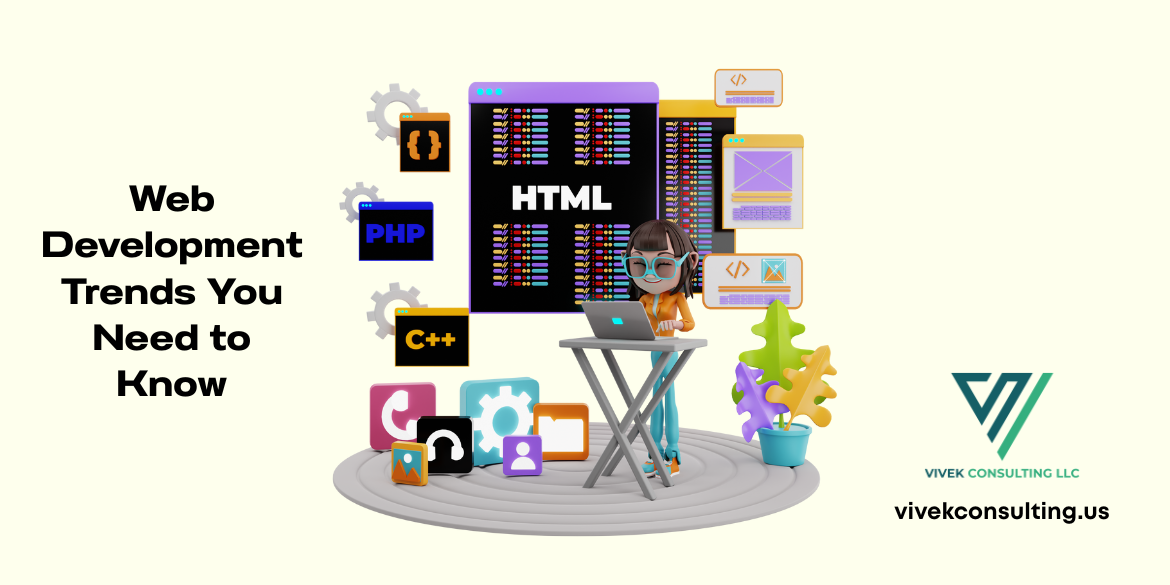 From AI to no-code, explore the Web Development Trends You Need to Know right now.
From AI to no-code, explore the Web Development Trends You Need to Know right now.
-
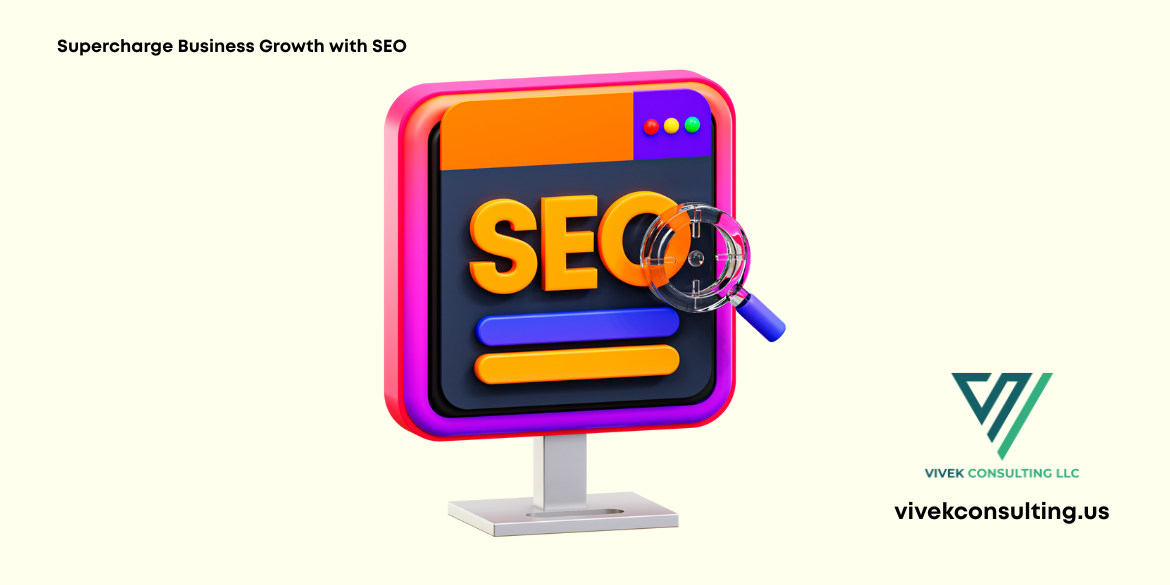 Supercharge Business Growth with SEO
Supercharge Business Growth with SEO
-
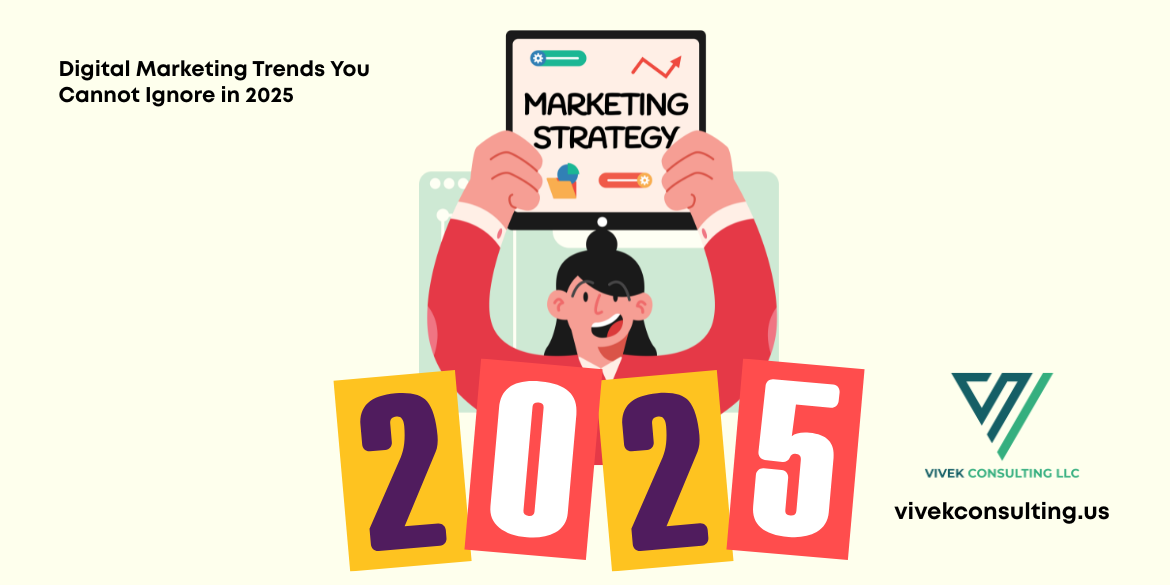 Digital Marketing Trends You Cannot Ignore in 2025
Digital Marketing Trends You Cannot Ignore in 2025
-
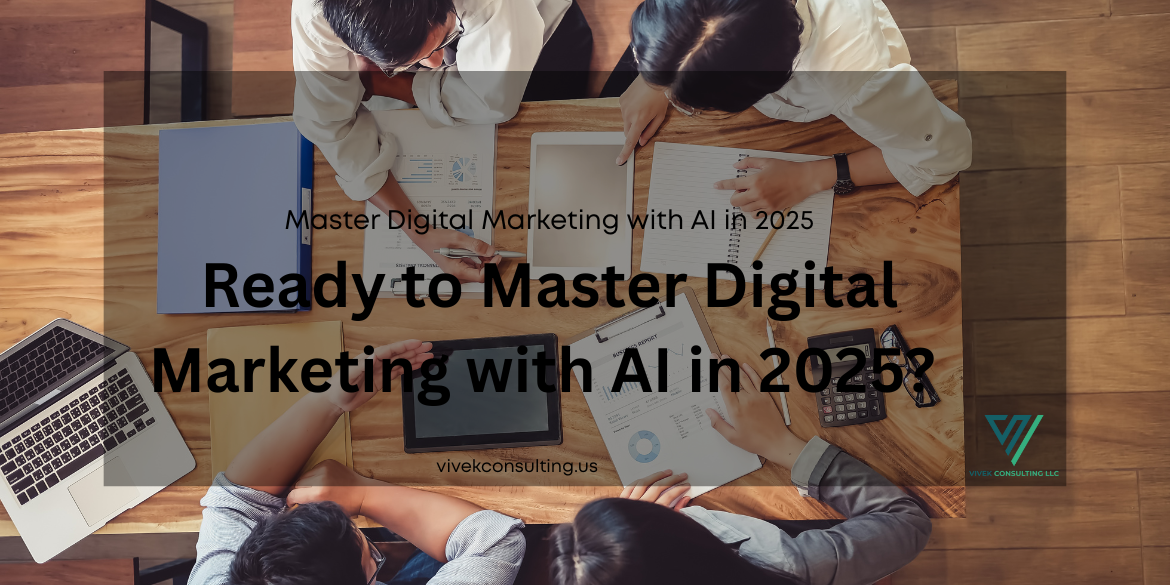 Master Digital Marketing with AI in 2025
Master Digital Marketing with AI in 2025
-
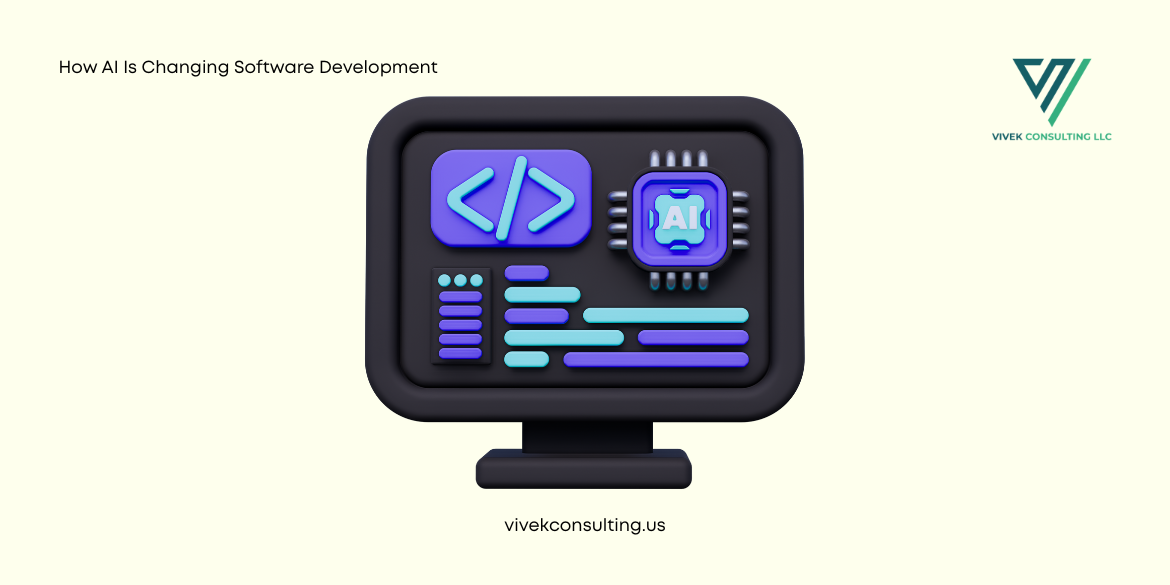 How AI Is Changing Software Development
How AI Is Changing Software Development
-
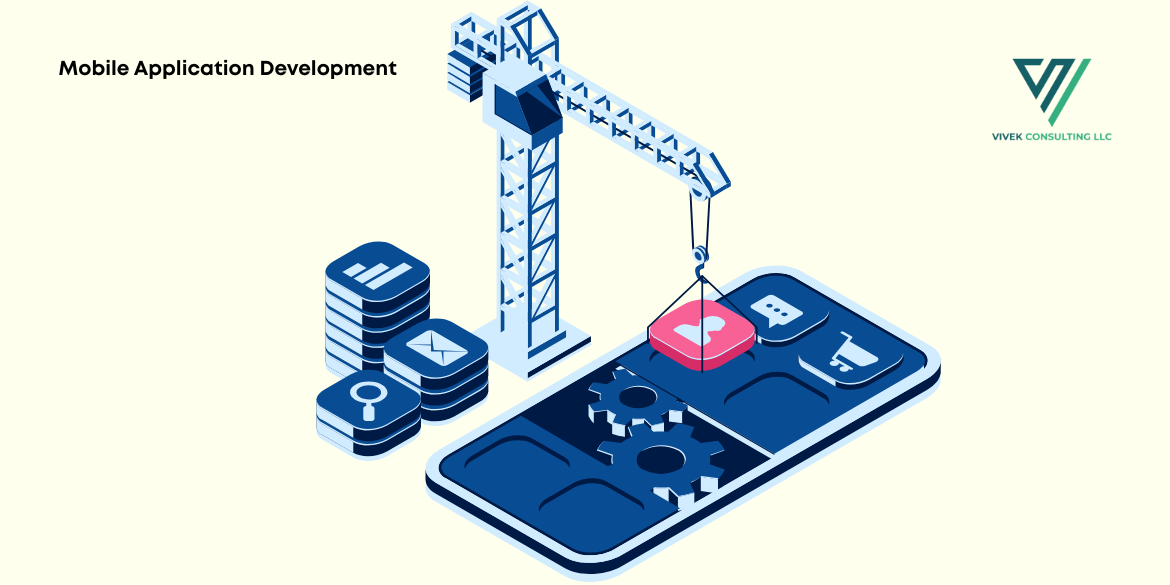 Mobile Application Development in 10 Easy Steps
Mobile Application Development in 10 Easy Steps
-
 Outsource Services to Boost Efficiency
Outsource Services to Boost Efficiency
-
 Ready to scale smart? Boost efficiency fast with managed services that work.
Ready to scale smart? Boost efficiency fast with managed services that work.
-
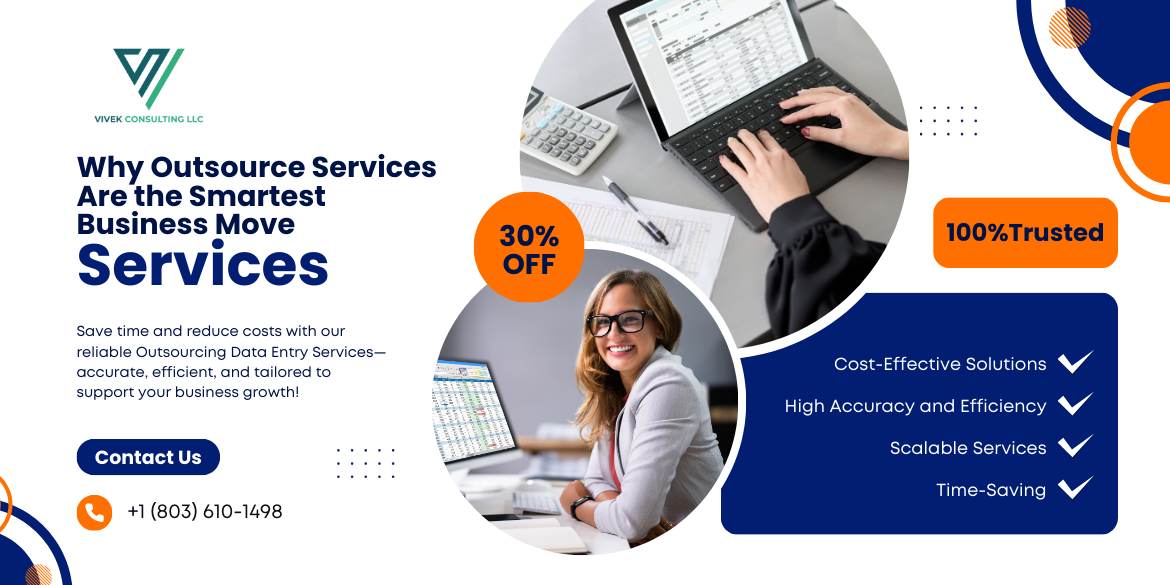 Outsource Services: The Smart Move for Your Business
Outsource Services: The Smart Move for Your Business
-
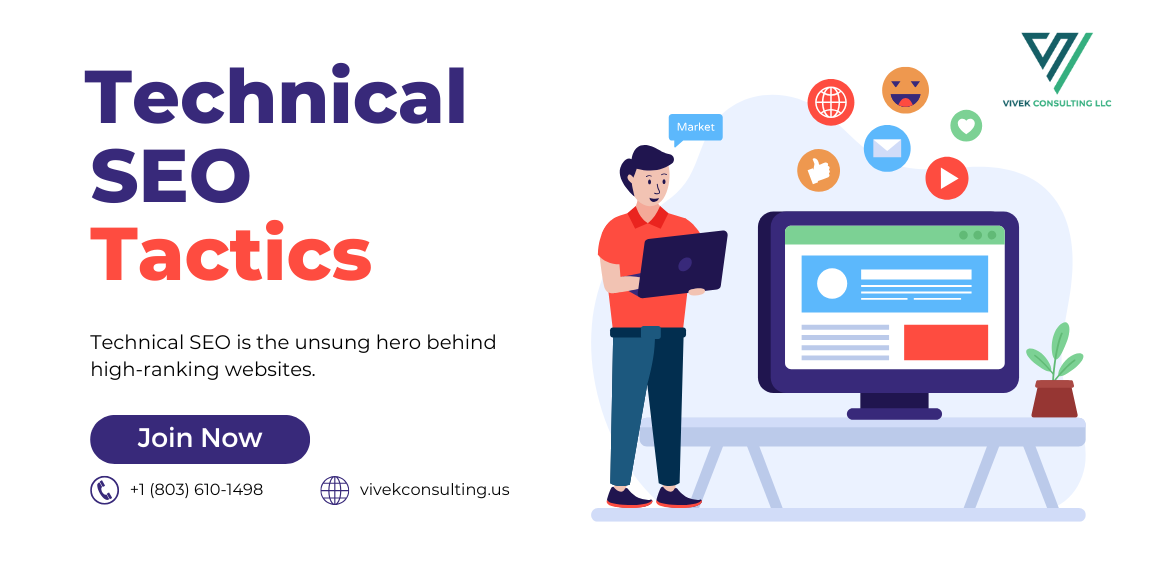 Technical SEO Tactics to Skyrocket Your Rankings
Technical SEO Tactics to Skyrocket Your Rankings
-
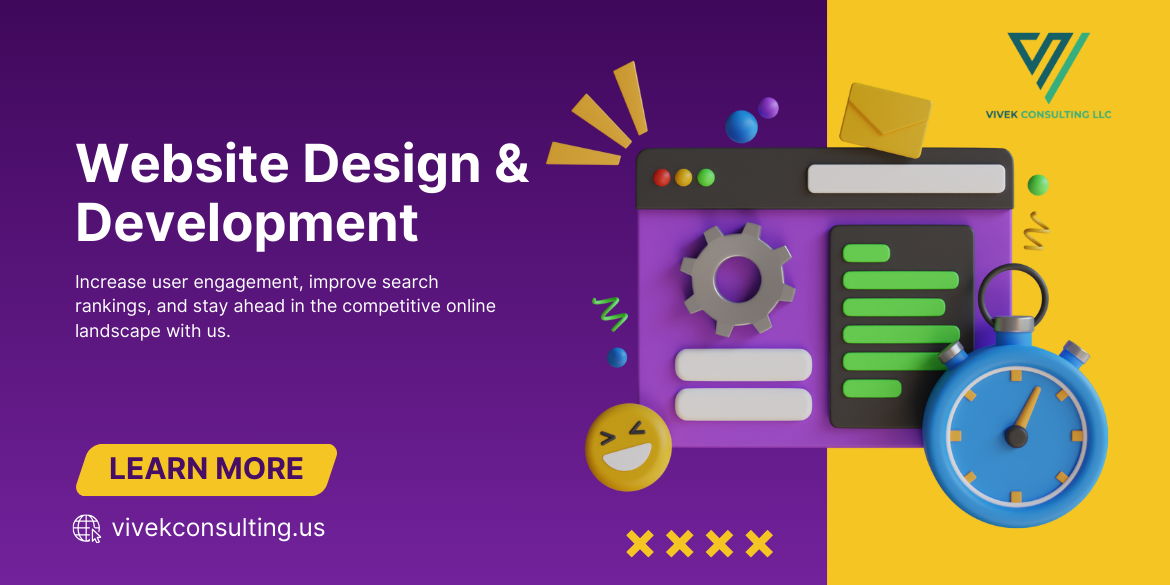 The digital world is evolving fast. Here is the web development trends you can’t ignore if you want to stay competitive.
The digital world is evolving fast. Here is the web development trends you can’t ignore if you want to stay competitive.
-
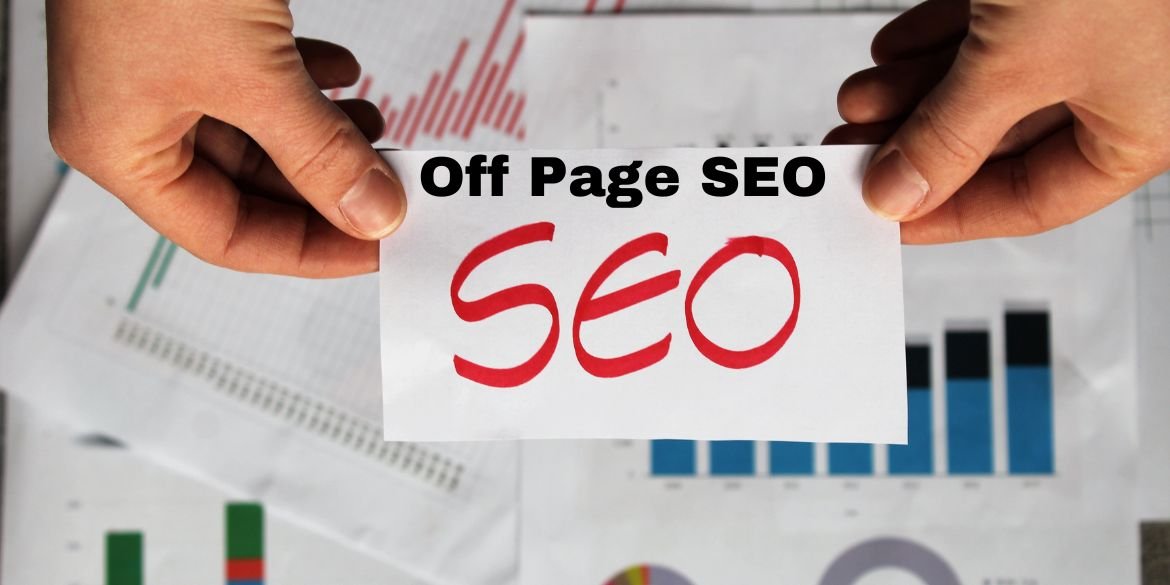 Want more traffic? These off-page SEO tips will help you rank higher and grow like a pro! ????
Want more traffic? These off-page SEO tips will help you rank higher and grow like a pro! ????
-
 The Role of AI in Modern Software Development
The Role of AI in Modern Software Development
-
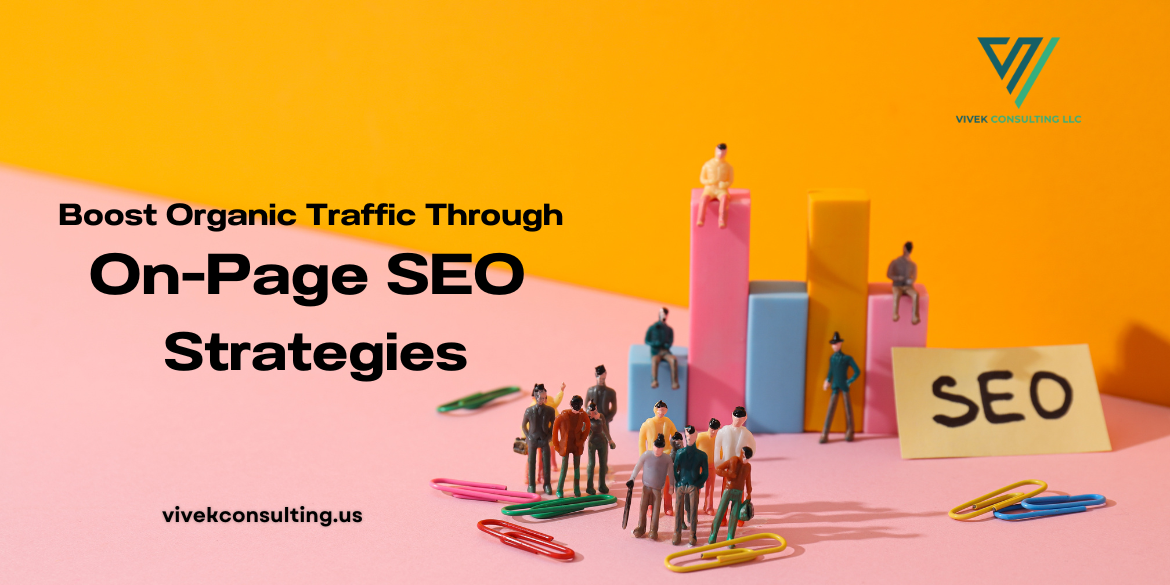 Boost Organic Traffic Through On-Page SEO Strategies
Boost Organic Traffic Through On-Page SEO Strategies
-
 How SEO Can Skyrocket Your Business Growth
How SEO Can Skyrocket Your Business Growth
-
.png) Why Digital Marketing Benefits Business Success in Charlotte NC
Why Digital Marketing Benefits Business Success in Charlotte NC
-
 Explore the future of smartphone application development with Vivek Consulting and stay ahead of the game.
Explore the future of smartphone application development with Vivek Consulting and stay ahead of the game.
-
 Crush Your Competition with Digital Marketing Charlotte NC - Vivek consulting
Crush Your Competition with Digital Marketing Charlotte NC - Vivek consulting
-
 Why Vivek Consulting Tops Charlotte’s Software Developers
Why Vivek Consulting Tops Charlotte’s Software Developers
-
 The Innovation of Smart and Inclusive UX: How AI and 5G Are Transforming Mobile Application Development
The Innovation of Smart and Inclusive UX: How AI and 5G Are Transforming Mobile Application Development
-
 Website Development: The Value of Web Design in Establishing a Powerful Online Presence
Website Development: The Value of Web Design in Establishing a Powerful Online Presence
-
 Elevate Your Brand: Discover the Top Marketing Agency in Charlotte for 2025 - Vivek consulting
Elevate Your Brand: Discover the Top Marketing Agency in Charlotte for 2025 - Vivek consulting
